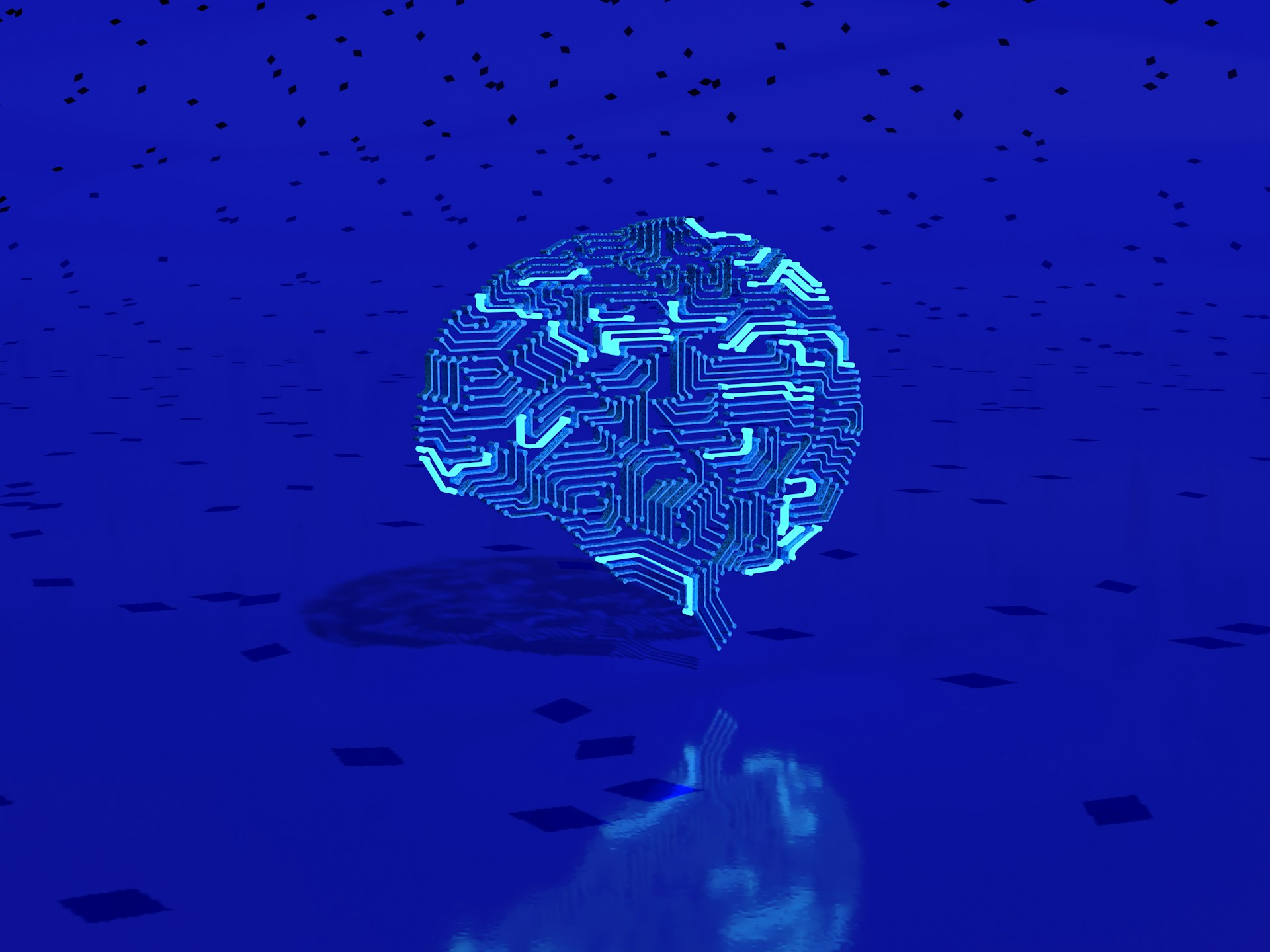Secrets of the ADHD Brain: Unlocking the Mysteries of Neurodiversity

Attention Deficit Hyperactivity Disorder (ADHD) has long been a subject of medical studies and public curiosity. However, the intricate workings behind the ADHD brain continue to fascinate and puzzle experts and patients alike. Today, let’s delve deeper into the secrets of the ADHD brain, exploring the unique characteristics that define this neurodiverse condition.
What Makes the ADHD Brain Different?

1. Neurotransmitter Nuances: The Role of Dopamine
One of the foundational secrets of the ADHD brain lies in its neurotransmitter activity, particularly dopamine. This chemical plays a critical role in motivating behavior by conveying pleasure signals within the brain. In ADHD, these dopamine pathways are less active or inefficient, making it challenging for individuals to find motivation for tasks that do not immediately interest them. This is why stimulant medications, which increase dopamine levels, are often effective.
2. A Distinctive Approach to Attention and Focus
Contrary to the common belief that ADHD simply pertains to a lack of attention, the reality is more about inconsistent attentional control. The ADHD brain is capable of remarkable bouts of intense focus, known as ‘hyperfocus’, particularly on tasks that are stimulating or enjoyable. However, mundane tasks can often seem insurmountable due to the ADHD brain’s unique wiring, which prioritizes engaging stimuli.
3. Emotional Intensity and Regulation
Another secret of the ADHD brain is found in its emotional landscape. The emotional responses in ADHD can be swift and intense, attributed to a less regulated interface between the amygdala (the emotion center of the brain) and the prefrontal cortex (which governs decision-making and impulse control). This can lead to a rich tapestry of emotional life, but also vulnerability to rapid mood changes.
The Temporal Challenge: Time Management in the ADHD Brain
Understanding time and managing it effectively can be especially challenging. The ADHD brain often experiences “time blindness,” making it difficult to learn from past experiences and predict future outcomes. This impacts everything from daily organization to long-term planning. Innovating personal strategies and tools to manage time better is crucial for those with ADHD.
Cognitive Flexibility: A Double-Edged Sword
While working memory challenges are significant, they don’t tell the whole story about cognitive function in the ADHD brain. Individuals with ADHD often exhibit a remarkable ability to think outside conventional frameworks. This cognitive flexibility enables them to come up with unique, creative solutions to problems, albeit sometimes at the expense of more linear, structured thinking.
Harnessing the Strengths of the ADHD Brain
Acknowledging and leveraging the strengths inherent in the neurology of the ADHD brain can lead to significant personal and professional successes. The energy, creativity, and resilience that many individuals with ADHD possess are assets that, when properly harnessed, can lead to innovation and leadership.
The Environmental Impact
The symptoms and challenges associated with ADHD don’t exist in a vacuum—they are profoundly influenced by the environment. Structured, supportive environments can mitigate difficulties, while chaotic or unsupportive settings may exacerbate them. Understanding the right balance of challenge and support is key in creating effective personal, educational, and professional strategies.
FAQs About the Secrets of the ADHD Brain
- Is ADHD just a lack of willpower?
Absolutely not. ADHD involves complex neurological processes and is not merely about lacking willpower or discipline. - Can someone with ADHD lead a successful life?
Yes, many individuals with ADHD achieve great success in various fields, often using their unique skills to their advantage. - Does ADHD look the same in everyone?
No. ADHD manifestations can vary significantly from person to person, which is why personalized approaches to treatment and management are essential.
Understanding Key ADHD Terms
- Hyperfocus: Intense concentration that can be experienced by individuals with ADHD, usually in highly engaging activities.
- Executive Function: Cognitive processes that include working memory, flexible thinking, and self-control.
Discover the Path to Healthy Social Media Habits for Your Child
Are you concerned about your child’s relationship with social media? Do you wish there were a way to help them navigate the digital world more effectively, improving their focus, productivity, and organizational skills while reaching their life goals? Your solution is here!
Join Dr. Lara Honos-Webb’s groundbreaking online course, Screen Fiends. This course is specifically designed to support parents like you. It offers crucial insights and practical tools based on the acclaimed methodology from her book “6 Super Skills for Executive Functioning.” Learn how to empower your children and teens to use social media responsibly and beneficially.
Don’t miss this opportunity to make a significant positive impact on your child’s digital and real-life wellbeing. Enroll in Screen Fiends today and equip your child with the six super powers they need to thrive in an increasingly complex world. Explore the course now and start a journey toward healthy digital habits!
Conclusion: Embracing the Secrets of the ADHD Brain
Understanding the secrets of the ADHD brain is not just about recognizing the challenges it can pose but also about embracing the extraordinary potential it holds. The unique predispositions of the ADHD brain, with its depth of thought, intensity of emotions, and creative potential, offer a distinct way of interacting with the world.
By fostering greater awareness and developing personalized strategies that leverage both the strengths and address the challenges, individuals with ADHD can not only manage their symptoms effectively but also thrive and contribute uniquely to society.
In conclusion, the secrets of the ADHD brain underscore the importance of neurodiversity and the need for a deeper understanding of how different brains work. With proper support and appropriate strategies, the mysteries of the ADHD brain can be unlocked, revealing not just challenges but profound opportunities for growth and success.


